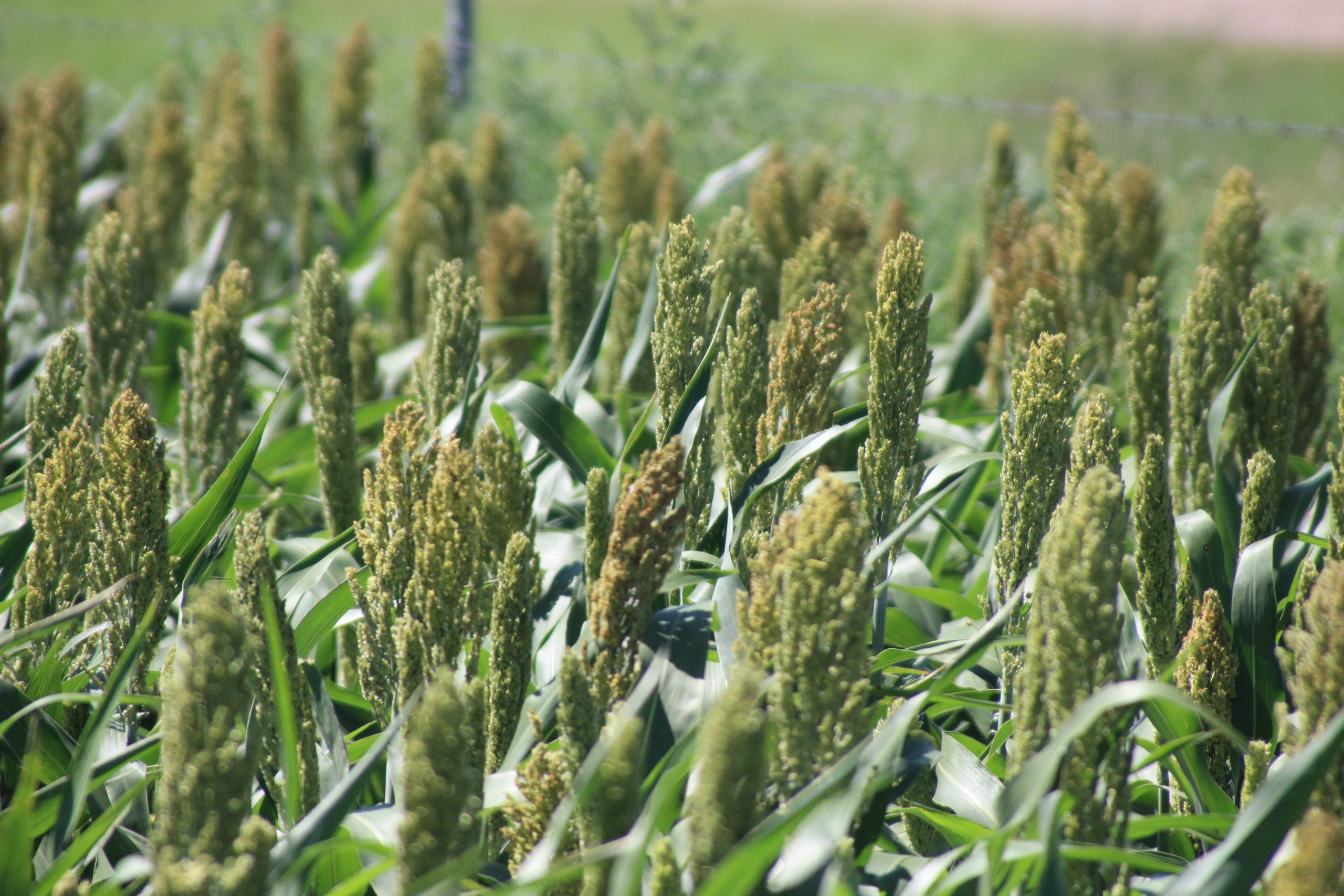Kansas sorghum growers, state collaborate on water-smart crop

Under the leadership of the Kansas Sorghum Producers Association, the state of Kansas will invest a $1 million public commitment into the Collaborative Sorghum Investment Program through an appropriation in the state’s fiscal year 2026 budget as a strategic water-smart crop in the next State Water Plan.
Launched in 2016, CSIP is the United States sorghum industry’s cornerstone sorghum improvement platform housed at Kansas State University and in collaboration with the Kansas Department of Agriculture. This public investment further unlocks a funding match made possible by the United Sorghum Checkoff Program and the Kansas Grain Sorghum Commission, for a total of $5.8 million in foundational support to continue and accelerate the program through 2036.
CSIP serves as a platform to further leverage and mobilize additional external investments for sorghum improvement, which includes a track record of leveraging nearly $10 million in federal and private funds over its initial decade to date.
“In 2016, the U.S. sorghum industry made a statement by headquartering CSIP in Kansas, the state which leads the nation in sorghum production,” said Shane Ohlde, KSP president and a farmer from Palmer. “Now—with CSIP as a proven investment model—the state of Kansas has responded with its own strong statement to double down on sorghum to advance the state’s economic and water-saving goals in tandem.”
“By working hand-in-hand with policymakers in Kansas in a bipartisan manner for over a year, KSP and its members demonstrated the sorghum’s importance to Kansas,” said Andy Hineman, KSP vice president and a farmer from Scott City, “just as Kansas continues to demonstrate its importance to sorghum.”
“This next decade of public-private commitment empowers CSIP to advance solutions that matter most to sorghum producers,” said Brant Peterson, chairman of the Kansas Grain Sorghum Commission and a farmer from Johnson City. “Through commercialization of public research, we are driving sorghum innovation back to the farm gate to meet needs of domestic markets and drive profitability from the ground up for the farmer, by the farmer.”
Since 2016, CSIP has delivered significant advancements in sorghum research and development. Key initiatives include the identification of seed traits that improve yield potential under water limitation, development of value-based traits such as novel protein or starch traits, and resistance to pests such as sugarcane aphid. Today, CSIP-enabled genetic marker traits are utilized in the development of over half of industry hybrids. CSIP partnerships span the value chain from seed to end-users, as exemplified by a new initiative focused on addressing market needs in sorghum forages utilized by U.S. beef and dairy production.



